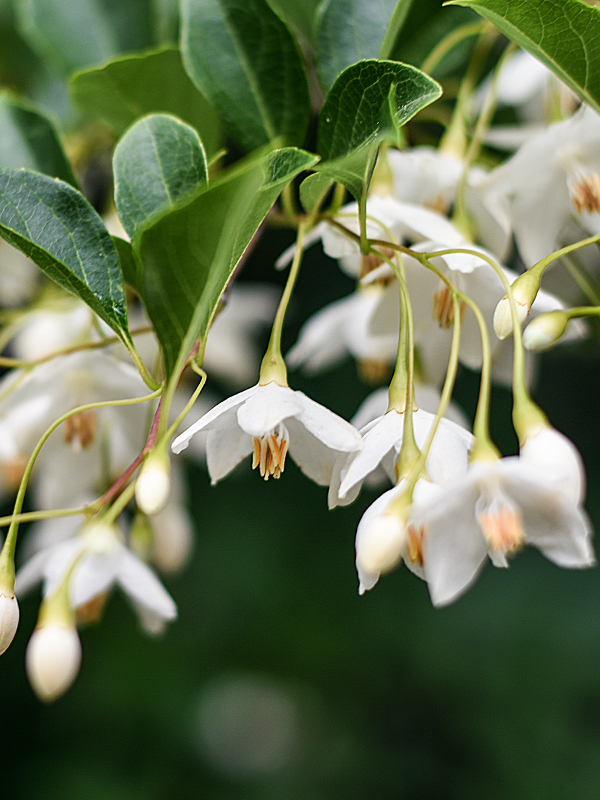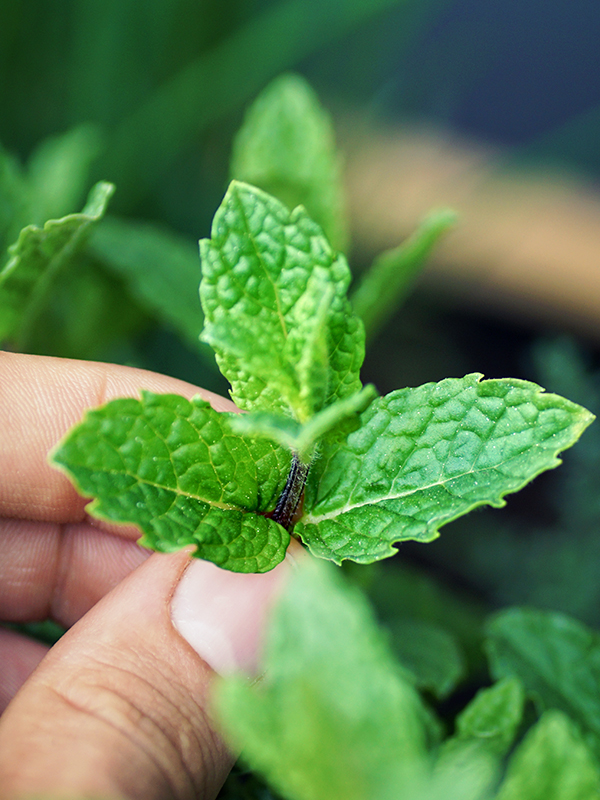Jasmine in Egypt
Scent & Care Segment
Artisan Program In the fertile, silty soil under the warm sun of the Nile Delta in Egypt grows jasmine, one of the world’s most important, charismatic and ancient natural substances for perfumery. From one ton of individually hand-picked flowers (about six million), the farms there produce 1.5 kilograms of jasmine absolute – a material whose richness and intensity inspire perfumers to make magnificent creations and give them multiple olfactory facets. One of the most important manufacturers of these absolutes, as well as of concretès and recently also oils from distillation, is the company A. Fakhry & Co., which has been active in the industry since 1955 and has long cooperated with the Scent & Care and Flavor segments of Symrise. The quality of the product is naturally an important reason for working together, but Symrise also values the supplier’s commitment.
For example, Fakhry established the Fakhry Aid Foundation, which benefits about 25,000 jasmine farmers and pickers as well as their families. The organization funds teachers for schools and organizes extracurricular activities. There is also a broad-based awareness campaign on health issues directly and indirectly related to jasmine. The farmers learn how to use environmentally friendly pesticides and improve their agriculture. They are also taught about better nutrition. Finally, the Fakhry Aid Foundation facilitates access to health care, supports employees through interest-free microfinancing and seeks to empower women by organizing discussion groups where they can talk about their health, family life, or access to education and work.


